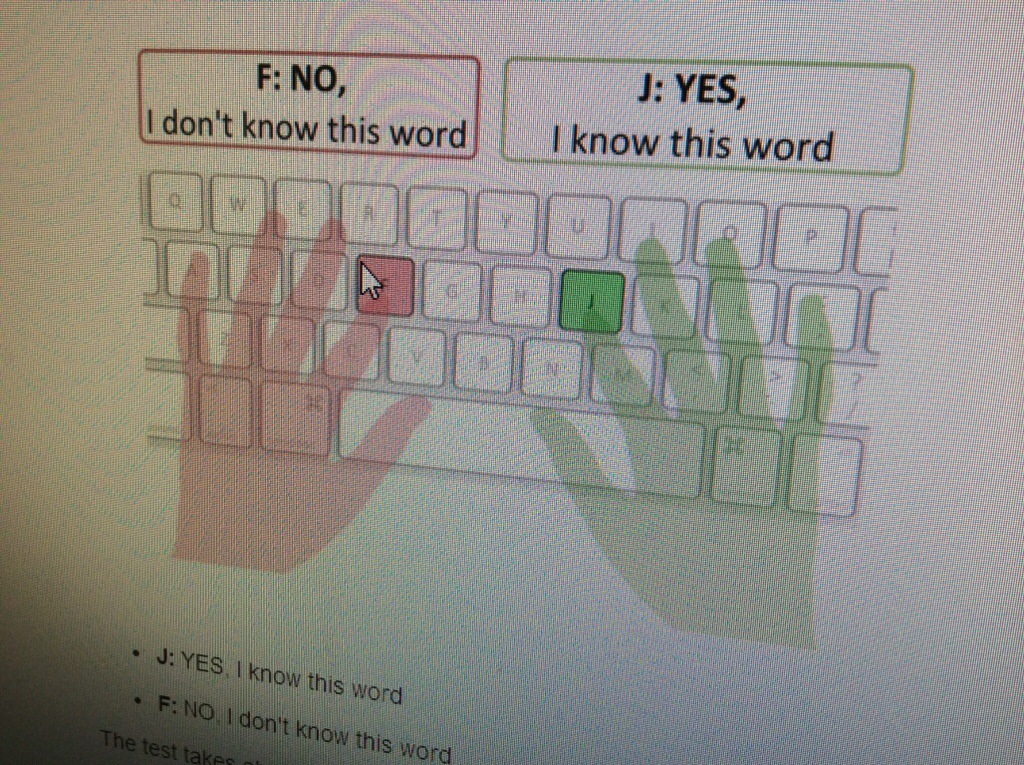Once again this year, the ACFA Regionale de Lethbridge is hosting a Saint Jean Baptiste Day celebration. It’s going to be held this Friday, June 24, 2011 at Cite des prairies — Mayor Magrath & 6th (it’s the French school / community centre) from 3:00pm to 10:00pm.
Please come out to the free celebration and enjoy:
“Bbq, inflatable games, drinks, face paint, free shows including the multilingual world beat musical band from Edmonton : Le fuzz. There will be more…!”

St. Jean Baptiste Day, it turns out, started out over 2000 years ago in the pre-Christian Europe as a pagan solstice celebration originally held on the 21st of June. With the arrival of Christianity the holiday was moved a few days later and has been celebrated on the 24th ever since.
Here is some other interesting info I picked up on the web:
In the beginning, Saint-Joseph had been designated as the patron saint of New France (just like Saint-Patrick is to Ireland). The problem was that his Holy day is in March and the Quebec climate during that time of the year is not very favourable for celebrating. It is for this very practical reason that Saint-Jean-Baptiste Day became more popular, the end of June being a great time to have fun outside. Today, the holiday has lost its religious meaning but has kept its traditional name.
You know that whole, “Kiss me, I’m Irish” meme? I wonder if a t-shirt reading, “Kiss me, I’m French” would work and do you think it would be rude to expect a “French” kiss? It seems reasonable.
Lastly, if you are not in a place that celebrates St. Jean Baptiste, then you can at least appreciate some Quebecois culture with this recipe for poutine, a traditional French Canadian delicacy.
Poutine (Canadian fried potatoes with gravy and cheese curds)
Poutine (poo-TEEN, or puh-TSIN) is a popular fast food in the French-speaking Canadian province of Quebec. The name means “mess” in French, and that it is. Poutine’s popularity has spread throughout Canada since the dish first appeared in the 1950s. This recipe makes 2-3 servings.
Ingredients:
1 1/2 pounds French fries, cooked and hot
2 cups Cheddar cheese curds, broken into chunks
2 cups hot, Beef gravy
Place the hot French fries in a large bowl or individual serving bowls. Sprinkle over the cheese curds, then pour over a liberal amount of the hot beef gravy. Serve with a fork.

Photo by Jeff Milner 2010
Pictured above is some poutine I had the last time I was in Quebec. Yum.
(Previously)



